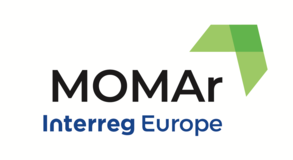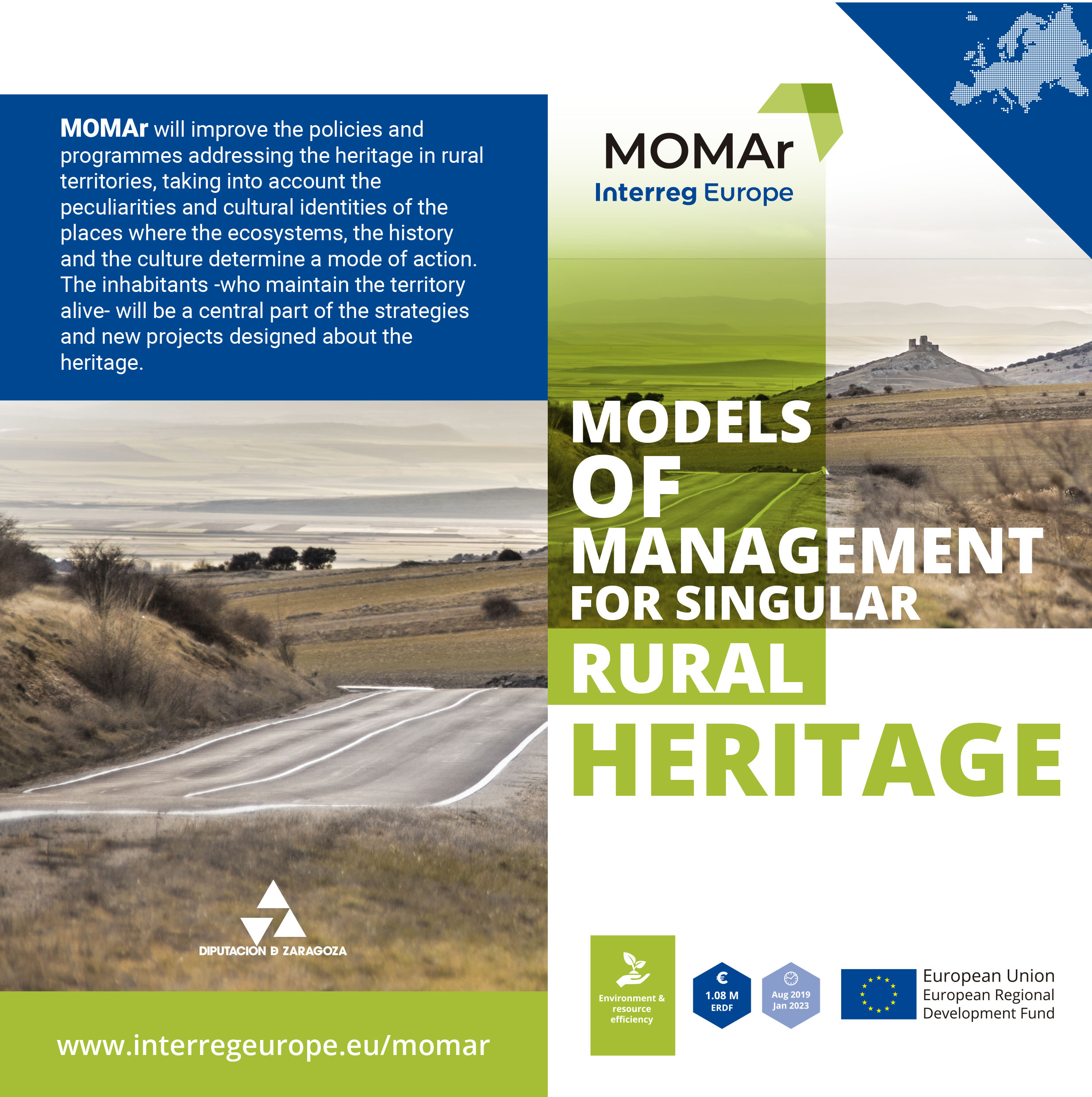Ministry for Regional Development and Transport of Saxony Anhalt held their second stakeholder meeting in Magdeburg, Germany, meeting for the first time after the Corona break. The 12 participants discussed the new tourist roadmap and the importance of Magdeburg to win the European Capital of Culture 2025 title.
Furthermore, participants shared their current activities and how the Corona restrictions affected and still affect their everyday work, concluding that online and social media content is becoming more important than ever.
Current Activities

During the session, the stakeholders discussed the current challenging situation and its impact on tourist mobility. There are still no coaches with day tourists on the territory but there has been an increase in the number of individual and bicycle tourists visiting the region's heritage in museums, monasteries, gardens and exhibitions.
During the summer holiday season in Saxony-Anhalt, partner institutions offer a broad range of outdoor events (e.g. jazz festival, picnics) under special distance and hygienic precautions. Although many events (concerts) had to be cancelled or postponed, new and modified event formats are very well received.
Local focus
Due to worldwide travel restrictions, Saxony-Anhalt decided to shift a major part of the heritage marketing budget to attract domestic and European neighbouring countries’ tourists instead of addressing visitors from far away abroad.
Exchange of experience
The regional MOMAr stakeholders for Saxony Anhalt participated in other European projects such as FINCH (Interreg Europe) – focusses on financing the investments in heritage; IMPACTOUR (Horizon 2020) - aims at increasing the availability of both quantitative and qualitative data on cultural heritage tourism, and Recapture the fortress cities RFC (Interreg Europe) is about handling fortifications. Participants agreed on a more detailed exchange of experience where appropriate.
European Capital of Culture 2025

Magdeburg region is on the shortlist for the title of European Capital of Culture 2025, together with the applicant cities Hanover, Hildesheim, Chemnitz, and Nuremberg. On 28th October, a press conference will announce the decision as to which city wins the title. In the ongoing application process, the focus is not only on the City of Magdeburg but also on the surrounding rural districts Börde, Jerichower Land, and Salzlandkreis coining the region. This reflects on the MOMAr approach of how both responsible persons and citizens can feel part of a common home and cultural landscape.
Therefore, the regional MOMAr partners were happy to welcome Uta Belkius, the coordinator of the initiative “Magdeburg - A common (CULTURAL) region“. This initiative is a kind of organizational support structure for the “European Capital of Culture 2025” application, in particular when it comes to stakeholder involvement within urban-rural cooperation.












